The murder of George Floyd solidified that we needed to pivot and center community,” Ho Nguyen, The Food Group’s Director of Programs, said.
The uprising that occurred unearthed the many inequalities surrounding food security that had long existed in the community.
“When some of the major grocery store infrastructure in South Minneapolis (Cub Foods, Aldi, and Target) were burned down, it definitely caused a huge gap in food access and created a larger gap in food insecurity,” Nguyen said.
As a result, The Food Group joined a large number of organizations involved in mutual aid throughout the Twin Cities. Through this intentional work, they created new partnerships with newly-formed community groups.
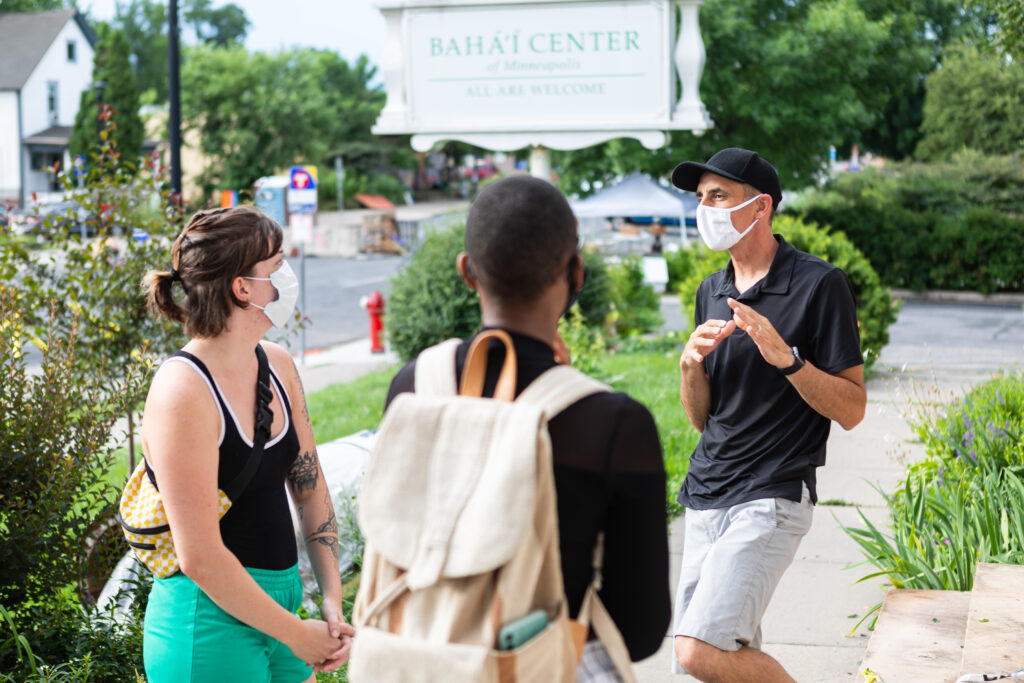
“When [the murder] happened, we went outside the box and we said, ‘Okay, this is the way we have always done things, but the need is immediate and we’re going to do what’s right,’” Maria Bonilla, Agency Relations Specialist at The Food Group said. “We had the capacity to donate. We had the capacity to extend partnerships to collectives who weren’t necessarily structured, who weren’t a 501(c)3. It was unprecedented.”
You don’t actually need to be [a structured organization] for us to work with you and supply food,” Nguyen said. “Because essentially what you’re telling us is that there is a community need and you’re able to distribute the food. You know what the community needs.”
One of those new partnerships came when The Food Group connected with the Baha’i Center of Minneapolis, just steps from where George Floyd was murdered. People were coming by the memorial square at 38th and Chicago to donate food. Having a parking lot and large front lawn, the Baha’i Center started accepting donations and doing daily distributions.
“The murder of George Floyd and the uprising was the initial upstart for us,” volunteer Kari Carlson said.“But the pandemic was already compounding existing insecurities. That’s why we kept going, because people keep coming.”
The Baha’i Center now works with Organic Oneness, a newly established nonprofit focused on systemic change, community healing and wellness, that Carlson connected them with. Carlson was also accepted in The Food Group’s Food Shelf Leadership Development Cohort.
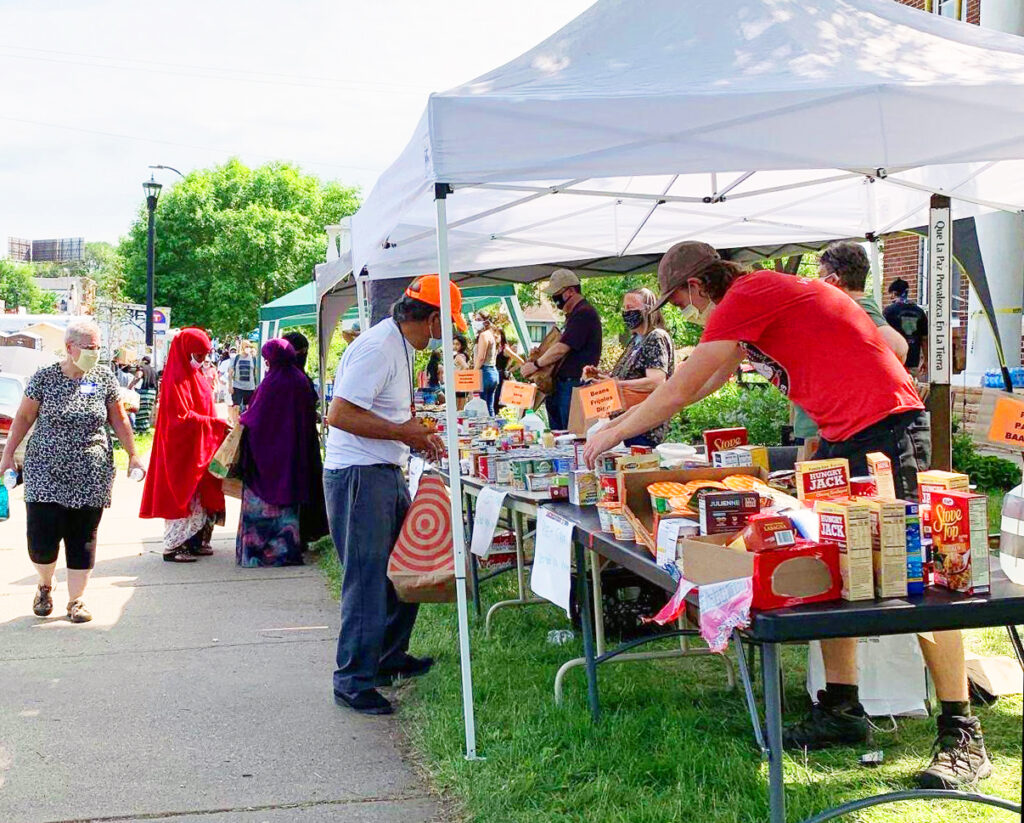
“What was really exciting to us about the program through The Food Group is that it’s focused on community engagement,” Carlson said. “We were already thinking about how this [food pantry] can become a community endeavor rather than perpetuating the ‘some people give, some people receive’ dynamic.”
The program is now in its second year, although the first was disrupted by the pandemic. Its objective is to help community members build their advocacy and leadership skills so they can influence policies and amplify the voices of the people they are serving.
“We’re taking on the hard topics (like cultural identity and white privilege),” said Bonilla, who runs the program with fellow Agency Relations Specialist Fun Fun Cheng. “We’re making space to talk about those things that are uncomfortable.”

PIVOT FOR THE PEAK SERIES: How The Food Group is Addressing the Pandemic is a series of stories co-produced with the other media group giving you a look into how The Food Group has pivoted its approach to address the needs of the community as experts continue to analyze the peak of the pandemic.
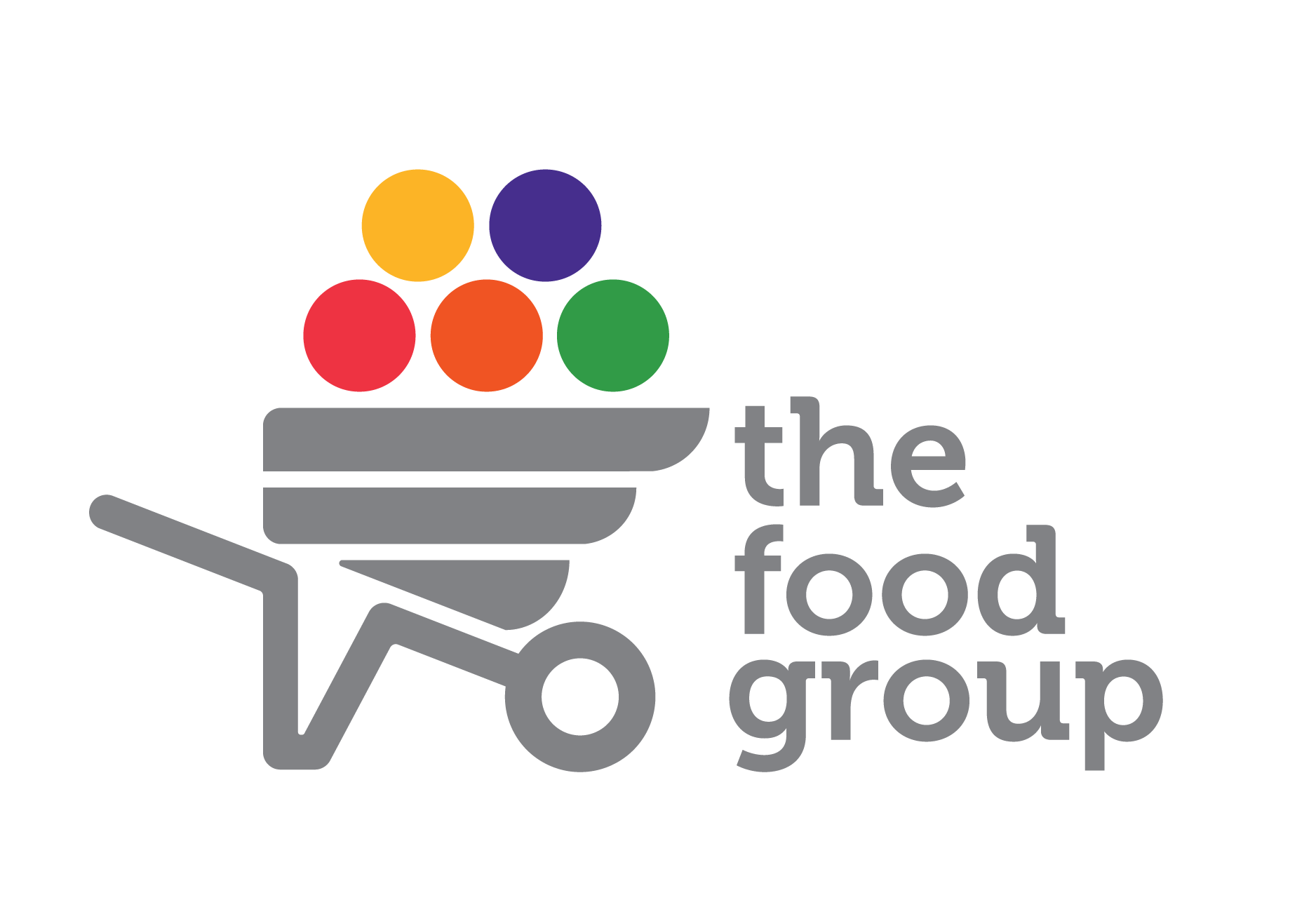


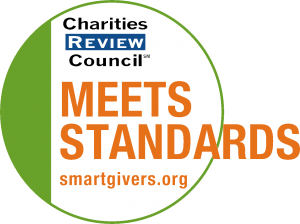
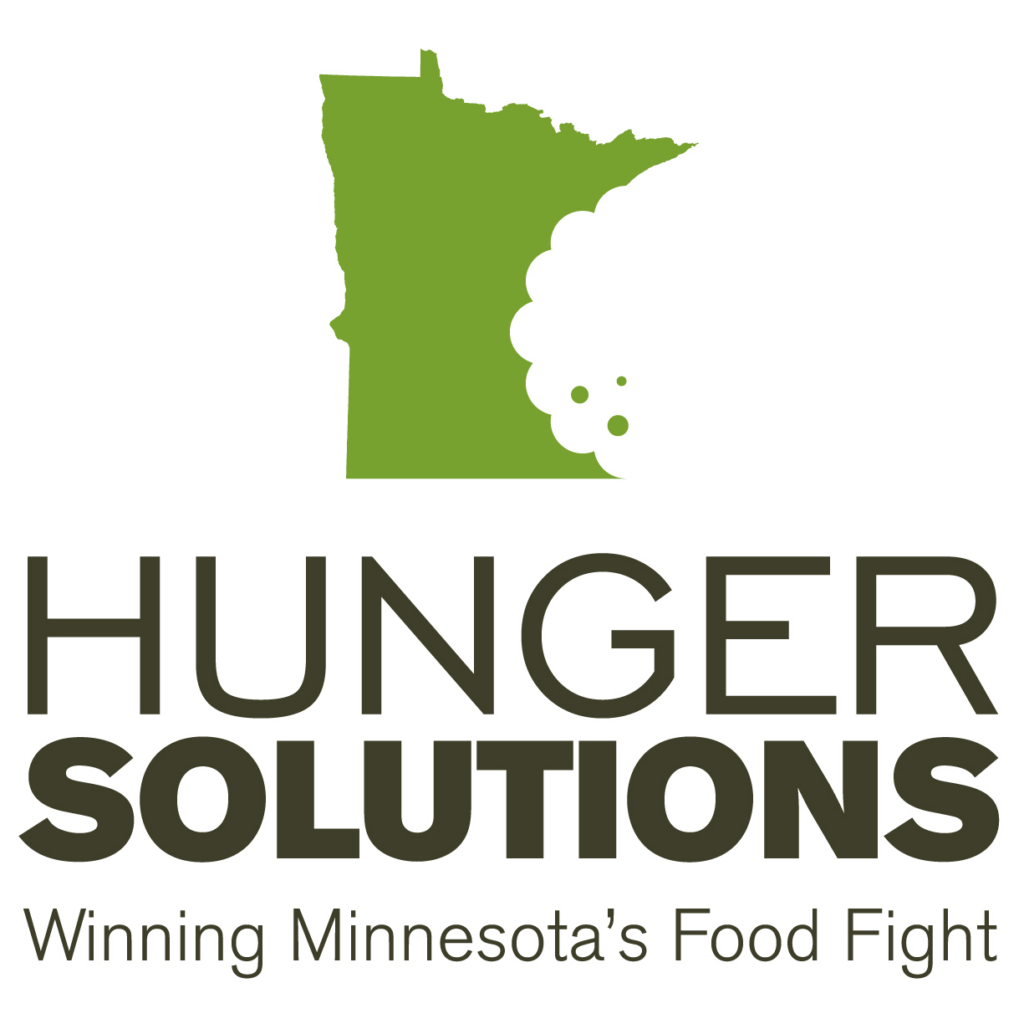
You must be logged in to post a comment.